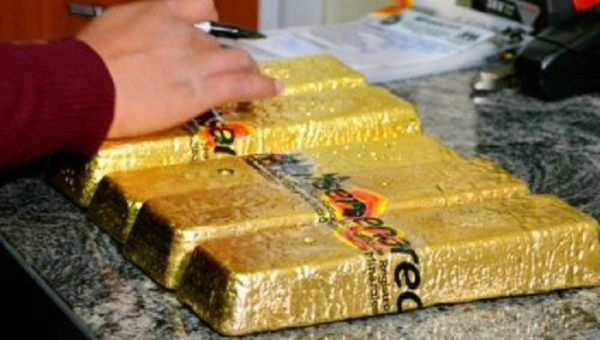Following a 10-hour debate, the Bolivian Senate on Friday approved the “Law for the purchase of gold to strengthen the International Reserves.” Before the vote, Economy Minister Marcelo Montenegro and interim Bolivian Central Bank (BCB) president Edwin Rojas explained the details of the law to legislators.
The purpose of the bill is to strengthen the Net International Reserves (NIR) and open the possibility for the BCB to properly manage its assets, buying gold from national producers and not only from state-owned companies, Montenegro said, adding that the BCB must maintain at least 22 tons of non-monetized gold.
During the debate, Cecilia Requena, an opposition senator from the Community Citizen party, questioned the bill arguing that it will give the BCB powers to buy gold from informal, small producers and sell it without congressional approval. Her remarks, however, did not influence the majority of Senators.
The gold will be refined and internationally certified as a reserve asset. This will allow the Bolivian State to carry out financial operations in gold in international markets.
As of February 2023, the Bolivian RIN reached US$3.5 billion, which is one of the lowest levels since 2014, when the monetary reserve was US$15.1 billion. For this reason, President Luis Arce insisted over the last weeks on the importance of the approval of the new norm.
Previously, the bill was approved by the Senate Economic Planning Commission, which is chaired by Hilarion Mamani, a senator from the Movement Towards Socialism (MAS). Now the law must be endorsed by President Luis Arce before it enters into force.


